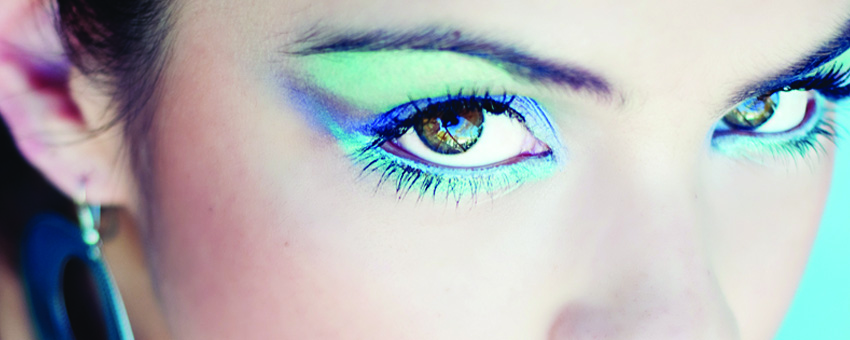It’s All About Lingo
Brut, Musk, Aldehydes…all of these terms seem to common lingo in the perfume and fragrance world these days, but more than half of the people that shop for perfume don’t even know what they mean. While most people are simply looking for something that smells good, the manufacturers need to be elegant in their terminology. To help you along while shopping for perfumes and fragrances, here are some of the top terms that you’ll hear and what they should mean to you. Musk Musk is actually a secretion that comes from male musk deer, and was often used as an ingredient in perfumes and colognes. While it’s gone slightly out of popularity, you’ll still hear the term plenty while you’re shopping. Brut Brut often means very dry, and the opposite of sweet (Though not actually sour). Bruts generally have no fruity aromas to them. Notes Notes are the impressions that people pick up on when smelling fragrances or perfumes. Top notes are often considered the ones that stand out first. Heart notes are usually what you smell after you’ve had some time to take in the initial odor, and base notes are what you smell during perfume evaporation. Floral When perfumes have a very prevalent smell of flowers to them, they are said to have floral notes, which are most commonly picked up on in women’s fragrances. Citrus Citrus odors often have a little bit of a sour hint to them, like oranges, grapefruits, and lemons. Fixative In order to make the smell of your fragrances last longer, fixatives are added. Consider them preservatives for your favorite aromas. Eau de Toilette / Eau de Parfum Perfumes and colognes with this terminology on them are an alcohol based fragrance with about 10-15% of perfume compound in them. This generally makes them less expensive, but can also hinder how long the fragrance lasts. Distillate Distillates are generally the product that actually goes into your perfume or cologne. For example, violet oil is the distillate of an actual violet plant. Aqueous Several perfumes have a basic watery smell to them, this is known as an Aqueous odor. In most cases, these most popular terms are often used in the description of a specific fragrance and not on the labeling. It’s easy to get lost in the terminology that’s often used in our fragrance descriptions, so hopefully this guide of terms will help ease the process of your shopping experience.
It’s All About Lingo Read More »






